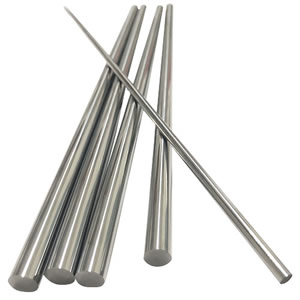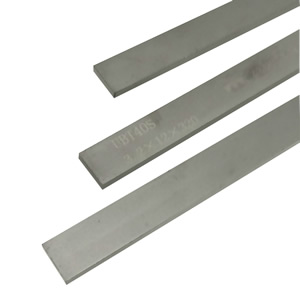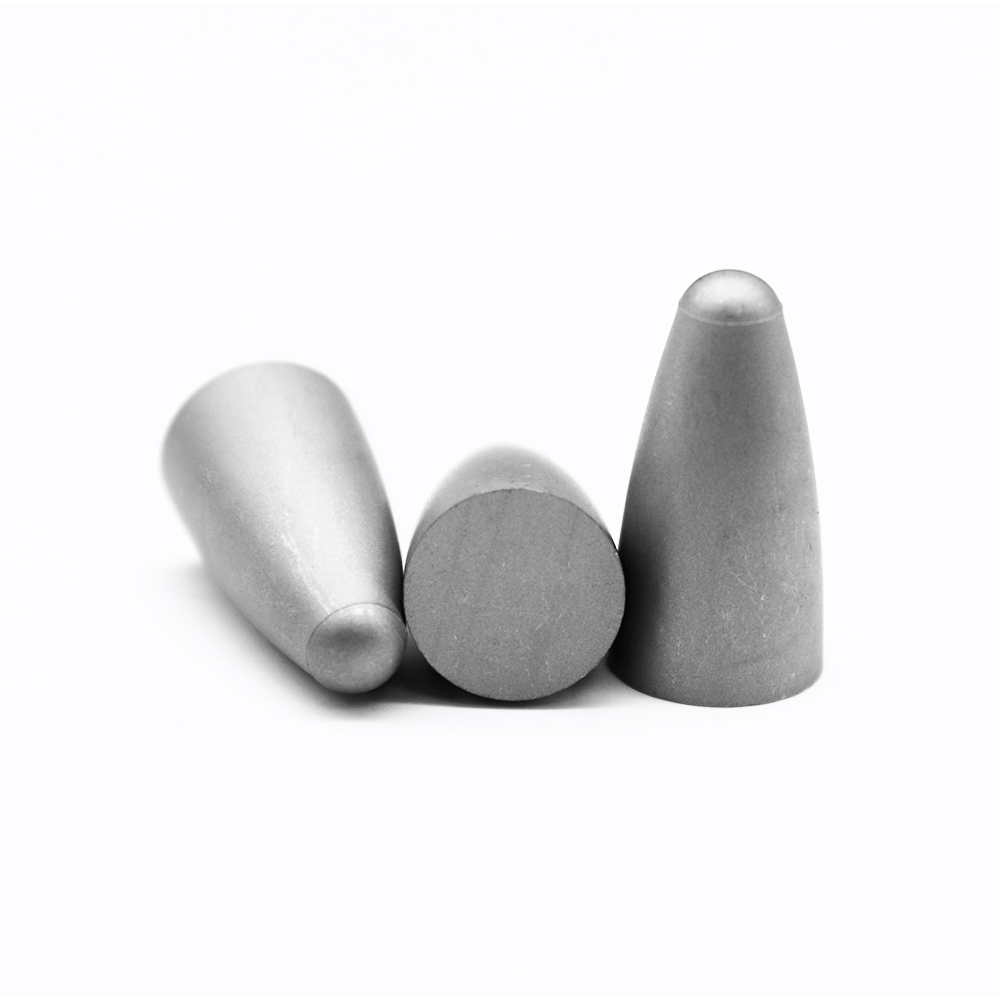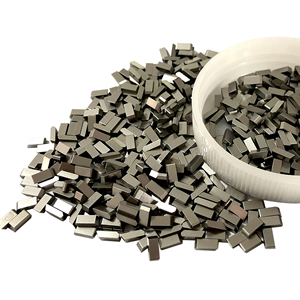Comparison of High-Speed Steel and Cemented Carbide Materials
Comparison of High-Speed Steel and Cemented Carbide Materials

High-speed steel (HSS) and cemented carbide are two commonly used materials in various industries, particularly in cutting tools and machining applications. Both materials exhibit unique properties that make them suitable for specific purposes. In this article, we will compare and contrast the characteristics of high-speed steel and cemented carbide, focusing on their composition, hardness, toughness, wear resistance, and overall performance.
Composition:
High-Speed Steel: High-speed steel is an alloy composed primarily of iron, carbon, cobalt, tungsten, molybdenum, and vanadium. These alloying elements enhance the material's hardness, wear resistance, and high-temperature strength.
Cemented Carbide: Cemented carbide, also known as tungsten carbide, consists of a hard carbide phase (typically tungsten carbide) embedded in a binder metal such as cobalt or nickel. This combination provides the material with exceptional hardness and wear resistance.
Hardness:
High-Speed Steel: HSS typically has a hardness ranging from 55 to 70 HRC (Rockwell C scale). This level of hardness allows HSS tools to effectively cut through a wide range of materials, including steel, stainless steel, and cast iron.
Cemented Carbide: Cemented carbide is renowned for its extreme hardness, often reaching 80 to 95 HRA (Rockwell A scale). The high hardness makes cemented carbide tools ideal for machining hard materials like titanium alloys, hardened steels, and composites.
Toughness:
High-Speed Steel: HSS exhibits good toughness and can withstand high impact and shock loads, making it suitable for interrupted cutting and heavy machining operations. Its toughness also facilitates regrinding and reshaping of tools.
Cemented Carbide: While cemented carbide is extremely hard, it is relatively brittle compared to HSS. It may chip or fracture under heavy impact or shock loads. However, modern carbide grades incorporate improved toughness and can withstand moderate to light impacts.
Wear Resistance:
High-Speed Steel: HSS has good wear resistance, especially when used at lower cutting speeds. However, at high cutting speeds or when machining materials with high abrasiveness, the wear resistance of HSS may be insufficient.
Cemented Carbide: Cemented carbide is renowned for its exceptional wear resistance even in challenging machining conditions. The hard carbide phase provides superior resistance to abrasive wear, allowing carbide tools to maintain their cutting edge for longer durations.
Performance:
High-Speed Steel: HSS tools excel in a wide range of cutting applications due to their versatility, toughness, and relative ease of sharpening. They are suitable for general-purpose machining operations and are cost-effective compared to cemented carbide.
Cemented Carbide: Cemented carbide tools are widely used for high precision and high-efficiency machining. They perform exceptionally well in demanding applications with high cutting speeds, extended tool life, and increased productivity. However, they are generally more expensive than HSS tools.
Conclusion:
High-speed steel and cemented carbide are both valuable materials in the cutting tool industry, each with its own strengths and limitations. High-speed steel offers good toughness, versatility, and cost-effectiveness, making it suitable for a wide range of machining applications. On the other hand, cemented carbide excels in hardness, wear resistance, and high-temperature stability, making it the preferred choice for machining hardened steels and other challenging materials.
Understanding the specific requirements of the machining operation and the workpiece material is crucial in selecting the appropriate material. Factors such as cutting speed, material hardness, and desired tool life must be carefully considered. Ultimately, the choice between high-speed steel and cemented carbide will depend on the specific application and desired outcomes.





















